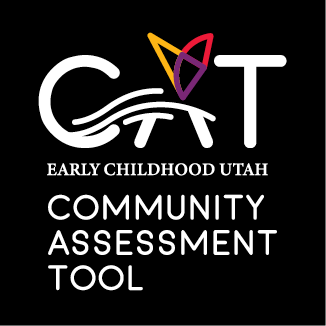ECU - CAT



Advancing Early Childhood Policy & Programs
through Strategic Use of Integrated Data
WHY A FRAMEWORK?
State agencies are being charged to create tools and reports that better leverage integrated data to support program and policy decisions. ECDataWorks, in partnership with state agencies, developed conceptual frameworks to guide the discussions and development of analytic tools in four critical policy areas: school readiness, community assessment, data stories, and data governance.
A New Approach to Using Community-Level Early Childhood Service Data
Community-level data are valuable for understanding the need for, availability of, and quality of early childhood programs and services. But these data are often provided through a plethora of websites and program reports. Reports often only include data on one type of program (e.g., child care or health services). Given the complexity of early childhood programs and services, policymakers and community leaders require clear, timely, and integrated information across program and service areas to make informed decisions.
The Community Assessment Framework includes data in four key areas: Eligibility, Access, Services, and Impact. Use of this framework encourages states to bring together comprehensive data in a meaningful way. Integrating data across these areas yields critical information to help policymakers and community leaders assess needs, evaluate impact, customize solutions for their communities, and foster greater community engagement in early childhood efforts.
Map |
Eligibility - Population |
Eligibility - Risk Factors |
Access - Provider Counts |
Access - Capacity |
Impact |
| FOCUS | DATA | ACTION |
| Information that demonstrates children’s eligibility for early childhood services in a given area. | Demographics, income, and other characteristics of children and families, and other key data of interest. | Make informed decisions about program expansion, outreach, and allocation of resources. |
| Information that demonstrates the supply of services in a given area. | Number of service providers, characteristics like provider quality, and other key data of interest. | Make informed decisions about service outreach, programs improvement, and equity. |
| Information that demonstrates the use of services by children and families in a given area. | Program enrollment, child/family demographics, service type, and other key data interest. | Make informed decisions related to outreach and barriers to access. |
| Information that demonstrates the effect of services on children and families over time in a given area. | Outcomes, operational outputs and goals over time, risk factors over time, and other key data of interest. | Make informed program-specific or community-wide decisions to improve early childhood programs. |